7 Things Every Taxpayer Should Know
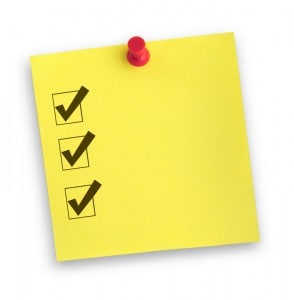
This is where every taxpayer needs to start. What is your tax bracket? If you don’t know this number, just pull out your tax return from last year. Look at the taxable income and look up the rate that is located in the tax tables. This will help you when looking at realizing capital gains or losses, exercising and selling stock options, or dealing with the Alternative Minimum Tax.
2. Know the Tax-Advantaged Vehicles Offered by Your Employer
Many employers will offer some sort of tax advantaged vehicles to their employees as a fringe benefit. A 401(k) Plan, Pretax Medical Plan, or Dependent Care Benefit Plan are just some of the plans that may be offered.
3. Know the Tax-Deferred and Tax-Free Vehicles in the Tax Code That You Can Capitalize On
An IRA, Roth IRA, and municipal bonds are some examples of either tax-deferred or tax-free investing.
4. Know Your Tax Plan Throughout The Year
Savvy taxpayers know that tax planning is not done once a year but throughout the year.
5. Know Where All of Your Tax Books and Records Are Located
For many taxpayers it doesn’t take much to have a more complicated return. Being self-employed, owning rental property, having a significant amount of security transactions, or having employee business expenses are some of the more common situations that can quickly complicate a return. Being able to access these records efficiently is important.
6. Know Your Estate Plan
Many taxpayers are very focused on their annual income tax they pay. That’s natural. If, however, you have a significant amount of net-worth, you should likely be as equally concerned about the estate tax. In 2011, the highest federal income tax is 35%. The estate tax is also 35% after the exclusion of a five million dollars. This rate and exclusion is only effective for 2011 and 2012 at this time. Your state exclusion may be significantly less than this.
7. Know to Get Professional Advice Before Entering into any Significant Transactions
Always get professional advice from your CPA or tax preparer before entering into any significant transactions. We know one unfortunate taxpayer that closed on a home one day before the new home buyers credit took effect. This cost them $8,000 by closing a day early!
Did you know these seven things already? More importantly, what are you going to do with these seven items now?
Thomas F. Scanlon, CPA, CFP®. is with Borgida & Company, P.C., Certified Public Accountants in Manchester, Connecticut, celebrating 44 years of tax, advisory and accounting services. Call 860.646.2465 for more.
For tax advice from Mr. Scanlon, see Landlord Quick Tip.

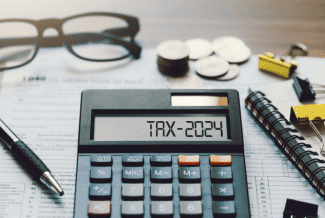

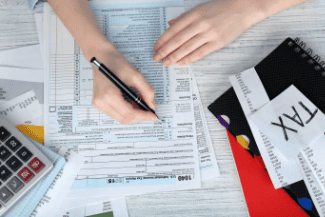

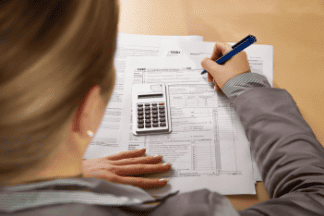
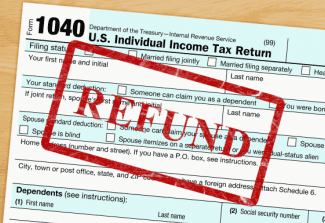
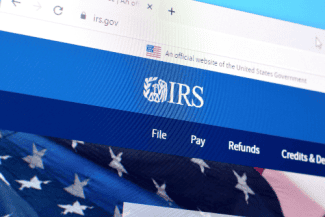
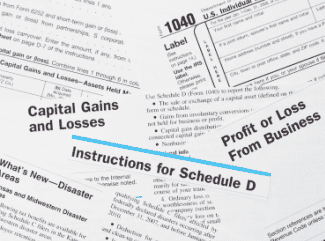






 Accessibility
Accessibility